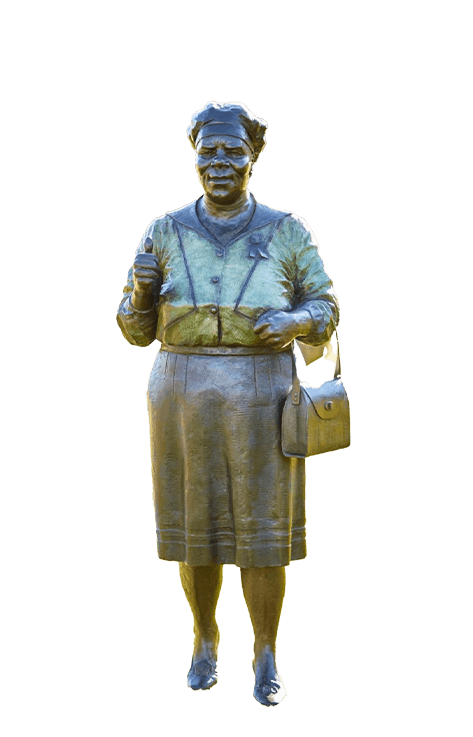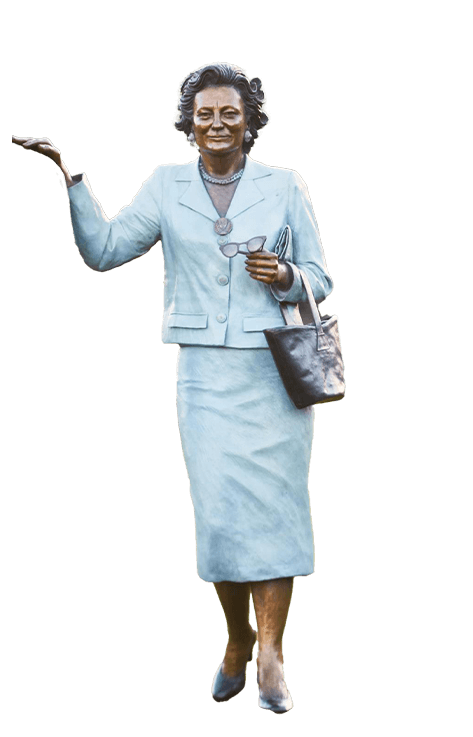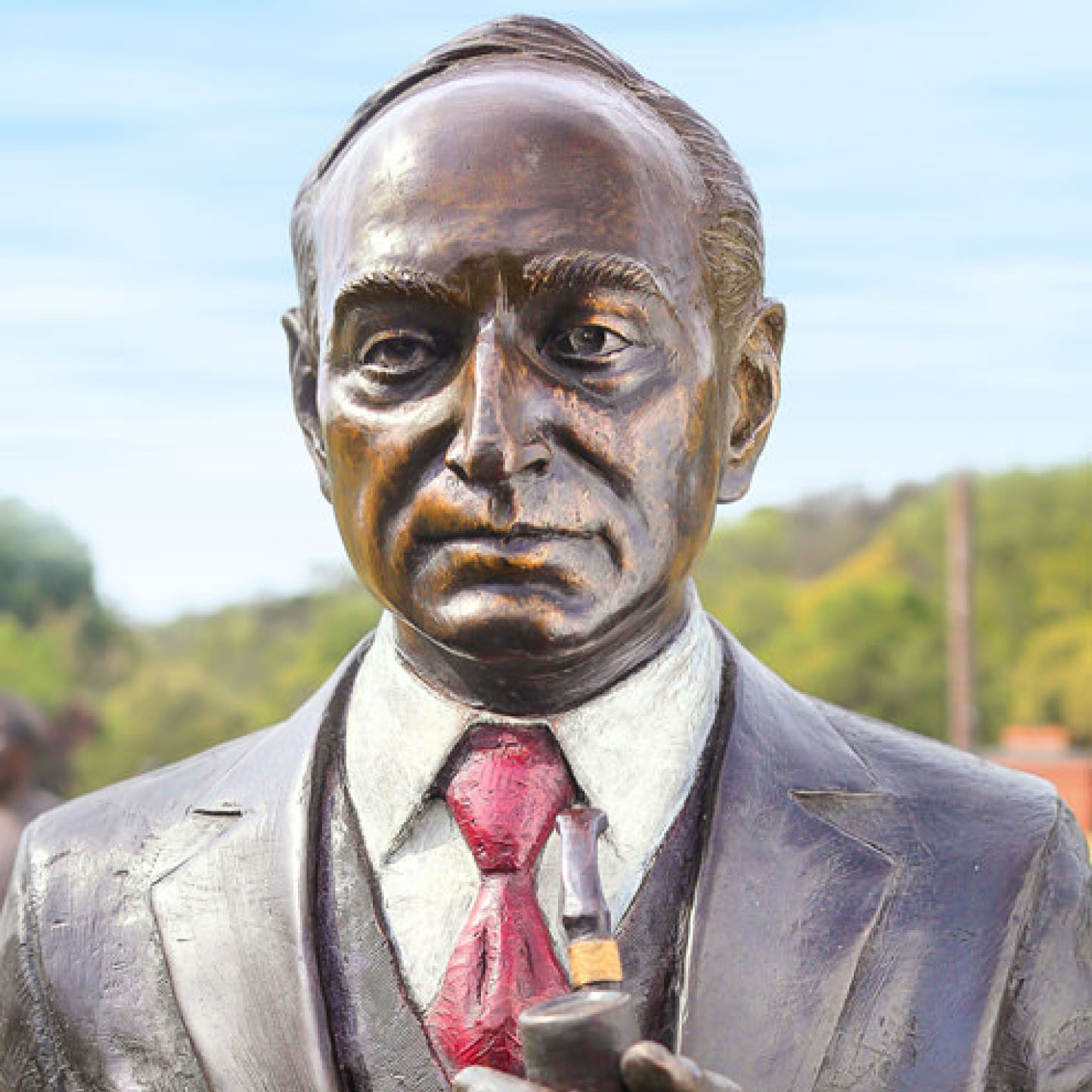
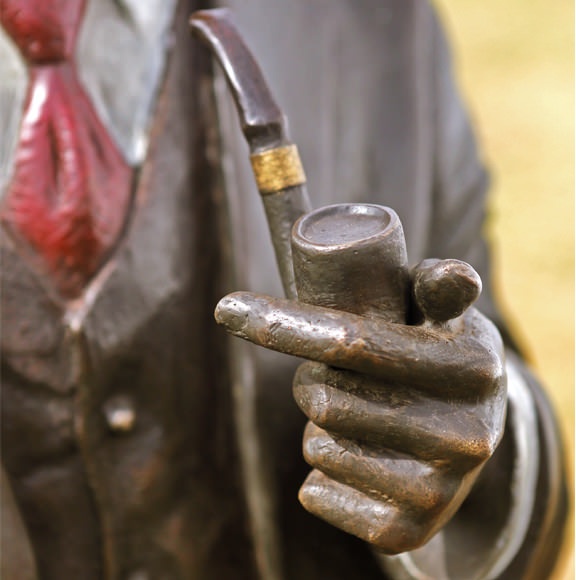
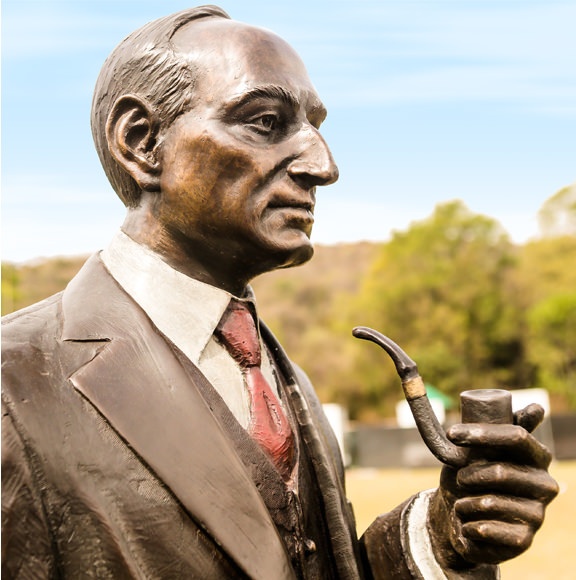
"You must never give up. You must fight to the end."
– Dadoo's last words to Joe Slovo - who succeeded Dadoo as SACP chairperson - on his deathbed, 1983
Dr Yusuf Mohamed Dadoo
1909 – 1983
Medical Doctor, founding member of the Non-European United Front, Vice-Chair of the National Anti-Pass Council, President of the Transvaal Indian Congress, President of the South African Indian Congress, National Chairperson of the South African Communist Party.
Born the son of a Muslim businessman in Krugersdorp in 1909, Dr Yusuf Dadoo avoided joining the conservative merchant class and instead embraced communism, becoming a member of the Central Committee of the Communist Party of South Africa (CPSA) in the 1940s and the chairperson of its successor the underground South African Communist Party (SACP) in 1972.
The CPSA was banned in 1950, but most former members remained active within the national and trade union movements until the party was revived as the South African Communist Party (SACP) in 1953.
Dadoo first entered radical politics when he returned to South Africa after studying medicine at Edinburgh University. He rapidly established a reputation for personal courage, eloquence and intellect, and would go on to play a key unifying role in the South African liberation movement over the next half a century.
He strengthened ties between the Indian and African Congresses, built a closely-knit Communist Party in exile and forged unity between the SACP and the African National Congress.
Yusuf Dadoo was among a group of younger Indian activists, who identified completely with the liberation struggle. In 1945 he was elected president of the Transvaal Indian Congress. Together with the Natal Indian Congress he organized a Gandhian campaign of passive resistance against the 1946 Asiatic Land Tenure and Indian Representation Act, aimed at curtailing Indian property rights in exchange for a token form of political representation. He was jailed several times for his civil disobedience.
His ongoing efforts to promote joint African-Indian political action began to bear fruit with the signing of the Xuma-Dadoo-Naicker Three Doctors Pact in 1947, at a joint meeting among the three doctors that pledged the fullest cooperation between Africans and Indians. Three years later, Dadoo succeeded Dr Monty Naicker as president of the South African Indian Congress.
Bans issued during the Defiance Campaign forced Dadoo's nominal resignation from all political organizations during the 1950s, though he continued to exercise considerable influence behind the scenes.
When the government declared a State of Emergency in 1960 following the Sharpeville massacre, Dadoo, along with other prominent leaders like Oliver Tambo left the country via Botswana to London. From there he played a key role in promoting the armed struggle in South Africa and in the worldwide anti-apartheid movement. Yusuf Dadoo served on the Revolutionary Council, created at the 1969 Morogoro conference of the ANC, until his death in London in 1983.
He lies buried just a few yards away from the grave of Karl Marx.
